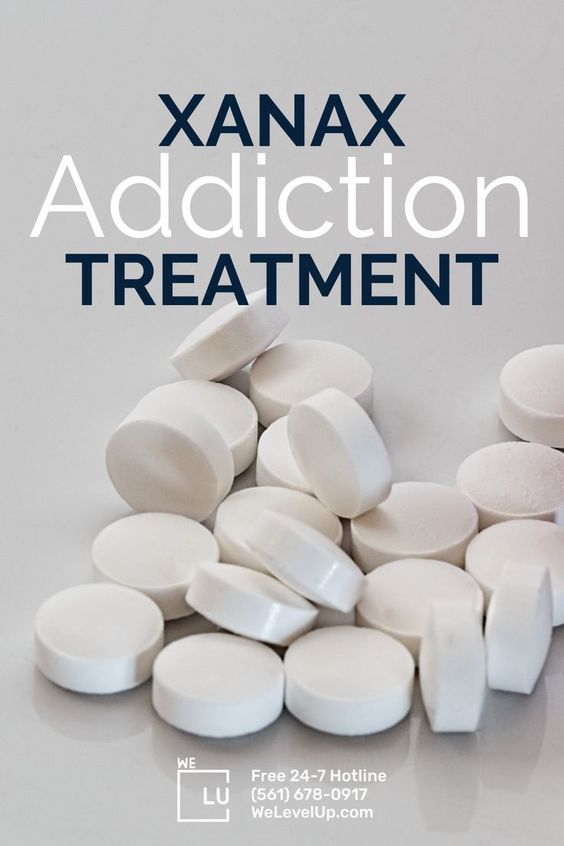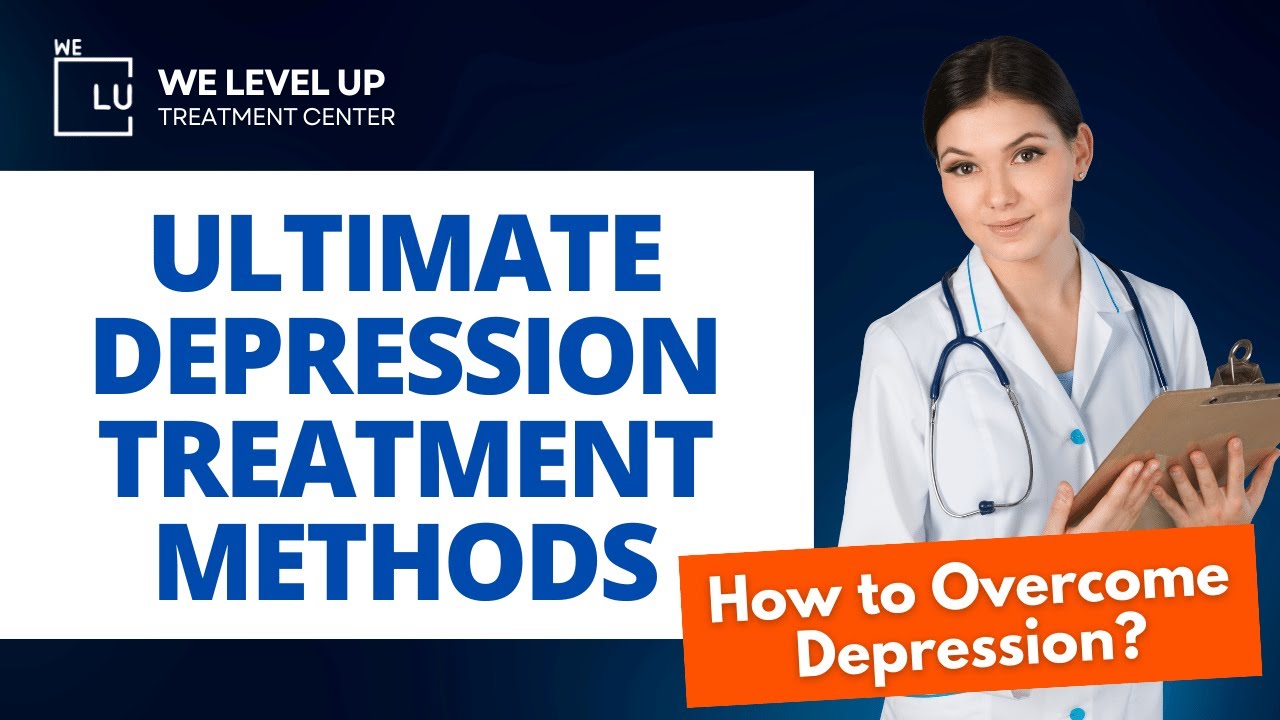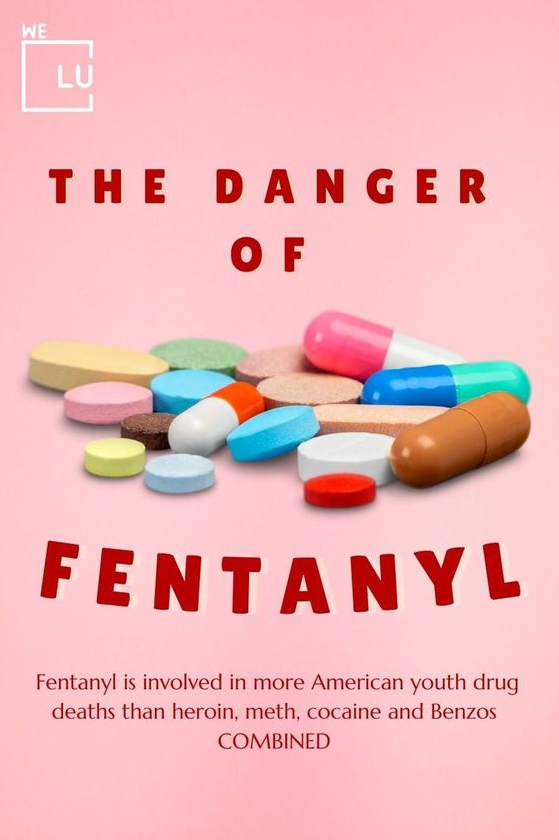What is ADHD?
ADHD or attention deficit hyperactivity disorder can last into adulthood. Some adults have ADHD but have never been diagnosed. Mental health disorder symptoms can cause difficulty at work, at home, or with relationships. Symptoms may look different at older ages, for example, hyperactivity may appear as extreme restlessness. Symptoms can become more severe when the demands of adulthood increase.
It is now recognized that attention deficit hyperactivity disorder (ADHD) may persist into adulthood. A number of studies have found an association between ADHD and substance abuse.
ADHD vs. ADD
Attention deficit disorder (ADD) is an outdated term for what experts now call attention deficit hyperactivity disorder (ADHD).
The term ADD first appeared in the third edition of the “Diagnostic and Statistical Manual of Mental Disorders (DSM-3),” a reference manual that helps mental health professionals diagnose mental health conditions.
Experts separated the condition into two subtypes:
- ADD with hyperactivity
- ADD without hyperactivity
When the American Psychiatric Association released a revised edition in 1987, they combined these two subtypes into one condition: ADHD.
Attention Deficit Hyperactivity Disorder Signs and Symptoms
Attention deficit hyperactivity disorder (ADHD) is marked by an ongoing pattern of inattention and/or hyperactivity-impulsivity that interferes with functioning or development. People with ADHD experience an ongoing pattern of the following types of symptoms:

- Inattention means a person may have difficulty staying on task, sustaining focus, and staying organized, and these problems are not due to defiance or lack of comprehension.
- Hyperactivity means a person may seem to move about constantly, including in situations when it is not appropriate, or excessively fidgets, taps, or talks. In adults, hyperactivity may mean extreme restlessness or talking too much.
- Impulsivity means a person may act without thinking or have difficulty with self-control. Impulsivity could also include a desire for immediate rewards or the inability to delay gratification. An impulsive person may interrupt others or make important decisions without considering long-term consequences.

Some people with attention deficit hyperactivity disorder mainly have symptoms of inattention.
Others mostly have symptoms of hyperactivity-impulsivity. Some people have both types of symptoms.
Many people experience some inattention, unfocused motor activity, and impulsivity, but for people with attention deficit hyperactivity disorder, these behaviors:
- Are more severe
- Occur more often
- Interfere with or reduce the quality of how they function socially, at school, or in a job
Inattention
People with symptoms of inattention may often:
- Overlook or miss details and make seemingly careless mistakes in schoolwork, at work, or during other activities
- Have difficulty sustaining attention during play or tasks, such as conversations, lectures, or lengthy reading
- Not seem to listen when spoken to directly
- Find it hard to follow through on instructions or finish schoolwork, chores, or duties in the workplace, or may start tasks but lose focus and get easily sidetracked
- Have difficulty organizing tasks and activities, doing tasks in sequence, keeping materials and belongings in order, managing time, and meeting deadlines
- Avoid tasks that require sustained mental effort, such as homework, or for teens and older adults, preparing reports, completing forms, or reviewing lengthy papers
- Lose things necessary for tasks or activities, such as school supplies, pencils, books, tools, wallets, keys, paperwork, eyeglasses, and cell phones
- Be easily distracted by unrelated thoughts or stimuli
- Be forgetful in daily activities, such as chores, errands, returning calls, and keeping appointments
Hyperactivity-Impulsivity
People with symptoms of hyperactivity-impulsivity may often:
- Fidget and squirm while seated
- Leave their seats in situations when staying seated is expected, such as in the classroom or the office
- Run, dash around, or climb at inappropriate times or, in teens and adults, often feel restless
- Be unable to play or engage in hobbies quietly
- Be constantly in motion or on the go, or act as if driven by a motor
- Talk excessively
- Answer questions before they are fully asked, finish other people’s sentences, or speak without waiting for a turn in a conversation
- Have difficulty waiting one’s turn
- Interrupt or intrude on others, for example in conversations, games, or activities
Causes of Attention Deficit Hyperactivity Disorder
Researchers are not sure what causes ADHD, although many studies suggest that genes play a large role. Like many other disorders, ADHD probably results from a combination of factors. In addition to genetics, researchers are looking at possible environmental factors that might raise the risk of developing ADHD and are studying how brain injuries, nutrition, and social environments might play a role in ADHD.
ADHD is more common in males than females, and females with ADHD are more likely to primarily have inattention symptoms. People with ADHD often have other conditions, such as learning disabilities, anxiety disorder, conduct disorder, depression, and substance abuse.

In addition to genetics, scientists [1] are studying other possible causes and risk factors including:
- Brain injury
- Exposure to environmental risks (e.g., lead) during pregnancy or at a young age
- Alcohol and tobacco use during pregnancy
- Premature delivery
- Low birth weight
Dual Diagnosis
ADHD seems to represent a possible risk factor for developing substance abuse, up to 50% of patients with continuing ADHD symptoms from childhood were found to develop a substance-use disorder. The presence of ADHD may influence adolescent and adult substance-use disorders in different ways: earlier age of onset, higher frequency, longer duration of substance abuse, and transition from alcohol abuse to other substance-use disorders. [2]
The American Academy of Family Physicians recognizes that somewhere in the 30 to 50 percent of children with ADHD will continue to show signs of the condition as they grow older. While children are obliged to jump, jump around, run or climb when diverted, attention deficit hyperactivity disorder in adults will often become aggressive and fearful.
They may face difficulties in the workplace as they feel overwhelmed and lose the things they need to complete the task.
They always fail to remember the arrangements and ignore the social obligations.
They may have conflicts in their communication because they provide violent ideas without intuition or neglect to focus on others. [3]
ADHD in adults and adolescents may turn to alcohol or medication for relaxation, social balance, or retreat. They may drink or use drugs because of a feeling of dissatisfaction or low self-esteem.
Recovering from attention deficit hyperactivity disorder requires a lot of help from caring professionals who can help you rebuild your self-esteem.

For a person to receive a diagnosis of ADHD, the symptoms of inattention and/or hyperactivity-impulsivity must be chronic or long-lasting, impair the person’s functioning, and cause the person to fall behind typical development for their age. Stress, sleep disorders, anxiety, depression, and other physical conditions or illnesses can cause similar symptoms to those of ADHD. Therefore, a thorough evaluation is necessary to determine the cause of the symptoms.
ADHD symptoms can appear as early as between the ages of 3 and 6 and can continue through adolescence and adulthood. Symptoms of attention deficit hyperactivity disorder can be mistaken for emotional or disciplinary problems or missed entirely in children who primarily have symptoms of inattention, leading to a delay in diagnosis. Adults with undiagnosed ADHD may have a history of poor academic performance, problems at work, or difficult or failed relationships.
Attention Deficit Hyperactivity Disorder Treatments
While there is no cure for ADHD, currently available treatments may reduce symptoms and improve functioning. Treatments include medication, psychotherapy, education or training, or a combination of treatments.
Medication
For many people, ADHD medications reduce hyperactivity and impulsivity and improve their ability to focus, work, and learn. Sometimes several different medications or dosages must be tried before finding the right one that works for a particular person. Anyone taking medications must be monitored closely by their prescribing doctor.
Stimulants. The most common type of medication used for treating attention deficit hyperactivity disorder is called a “stimulant.” Although it may seem unusual to treat attention deficit hyperactivity disorder with a medication that is considered a stimulant, it works by increasing the brain chemicals dopamine and norepinephrine, which play essential roles in thinking and attention.
Under medical supervision, stimulant medications are considered safe. However, like all medications, they can have side effects, especially when misused or taken in excess of the prescribed dose, and require an individual’s health care provider to monitor how they may be reacting to the medication.
Non-stimulants. A few other ADHD medications are non-stimulants. These medications take longer to start working than stimulants, but can also improve focus, attention, and impulsivity in a person with ADHD. Doctors may prescribe a non-stimulant: when a person has bothersome side effects from stimulants, when a stimulant was not effective, or in combination with a stimulant to increase effectiveness.
Psychotherapy and Psychosocial Interventions
Several specific psychosocial interventions have been shown to help individuals with ADHD and their families manage symptoms and improve everyday functioning.
Behavioral therapy is a type of psychotherapy that aims to help a person change their behavior. It might involve practical assistance, such as help organizing tasks or completing schoolwork, or working through emotionally difficult events. Behavioral therapy also teaches a person how to:

ADHD can’t be prevented or cured. But spotting it early, plus having a good treatment and education plan, can help a child or adult with ADHD manage their symptoms.
- Monitor their own behavior
- Give oneself praise or rewards for acting in a desired way, such as controlling anger or thinking before acting
Cognitive-behavioral therapy helps a person learn how to be aware and accepting of one’s own thoughts and feelings to improve focus and concentration. The therapist also encourages the person with ADHD to adjust to the life changes that come with treatment, such as thinking before acting or resisting the urge to take unnecessary risks.
Family and marital therapy can help family members and spouses find productive ways to handle disruptive behaviors, encourage behavior changes, and improve interactions with the person with ADHD.
Support groups can help parents and families connect with others who have similar problems and concerns. Groups often meet regularly to share frustrations and successes, exchange information about recommended specialists and strategies, and talk with experts.
For Adults:
A professional counselor or therapist can help an adult with ADHD learn how to organize their life with tools such as:
- Keeping routines
- Making lists for different tasks and activities
- Using a calendar for scheduling events
- Using reminder notes
- Assigning a special place for keys, bills, and paperwork
- Breaking down large tasks into more manageable, smaller steps so that completing each part of the task provides a sense of accomplishment. [4]
Managing Symptoms: Staying Healthy
One-On-One Counseling Meetings, Group Treatment, and Guided Family Guidance for The Following Purposes:
- Correcting harmful thoughts and behaviors that promote drug abuse
- Building confidence and empowering inner inspiration
- Controlling the adverse effects of ADHD through behavioral changes and drug treatment
- Recognizing drug abuse and learning how to look at the causes
- Educating accompanying relatives about attention deficit hyperactivity disorder
Dual Diagnosis is a way to achieve full recovery. Attention deficit hyperactivity disorder treatment is not limited to medication. Some people may experience dramatic improvement while others experience little to no relief. The side effects also differ from person to person. Medication treatment for attention deficit hyperactivity disorder involves more than just taking a pill. When we fail to take the medication carefully for ADHD, it becomes less effective and riskier. Always seek out professional help before taking any medications.
Several studies have shown a strong connection between ADHD, drug abuse, and alcoholism. At We Level Up TX treatment center, we facilitate dual diagnosis clientele. In doing so, we provide the highest quality of care to those who need it most. Dual diagnosis cases (also called “co-occurring disorders”) are extremely common, especially among those with substance abuse disorders. In fact, there’s reason to believe that there is a causal relationship between many mental disorders and substance abuse disorders.
Make this your opportunity to reclaim your life. Call today to speak with one of our treatment specialists.
Your call is private and confidential and there is never any obligation.
Sources:
[1] What is ADHD? – Centers for Disease Control and Prevention
[2] The dual diagnosis of attention-deficit/hyperactivity disorder and substance abuse: case reports and literature review – National Center for Biotechnology Information
[3] We Level Up – Mental Health » ADHD Treatment
[4] Attention-Deficit/Hyperactivity Disorder – The National Institute of Mental Health (NIMH)





